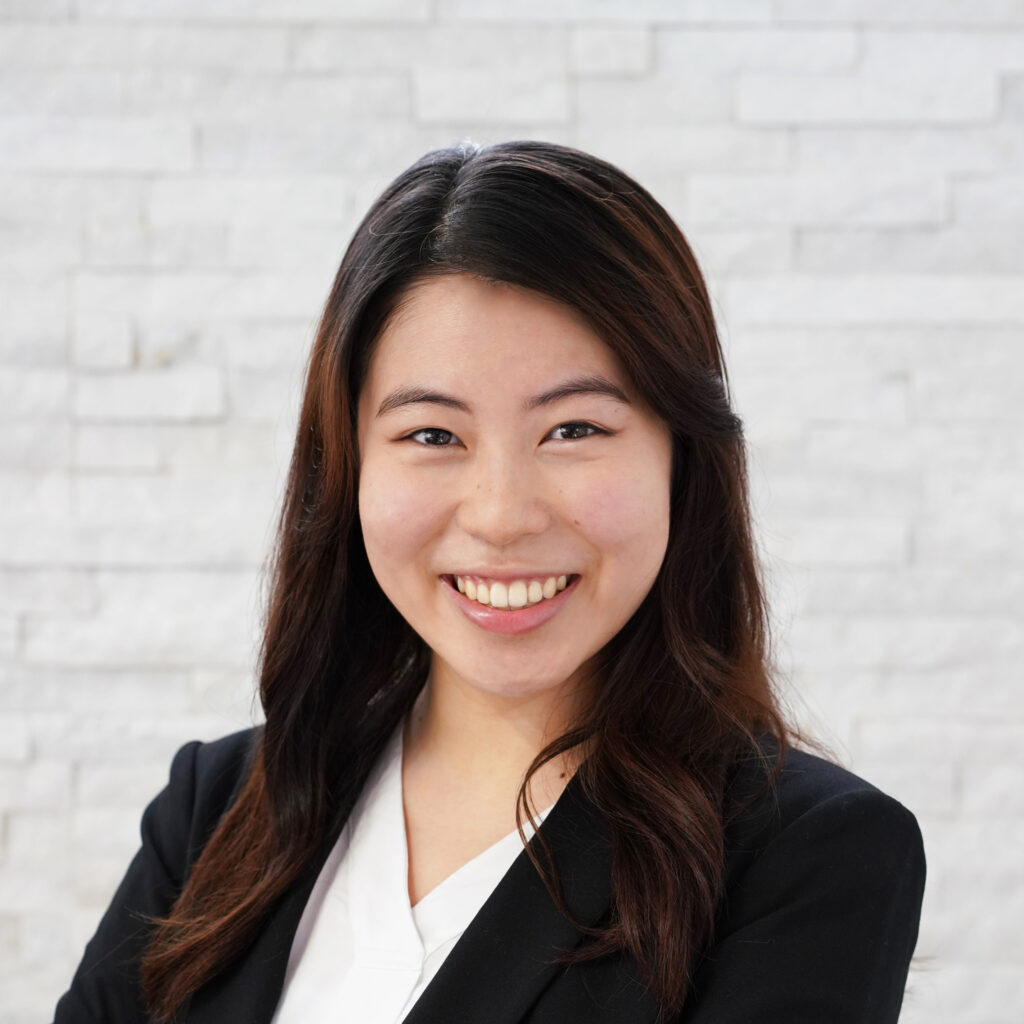When Allen School Ph.D. student Lisa Orii was in high school, she became involved with the work of Parasaiyo, a Japanese nonprofit that supports foster children in the Philippines in pursuing higher education. She began making annual visits to a foster home there over the summer, developing a bond with the children and staff. Between her trips, she helped organize related fundraising events back in her native Japan.
Later, as an undergraduate at Wellesley College, Orii began to think about how she could connect her academic interests with her humanitarian ones. Curiosity crystallized into research. A computer science and philosophy major, she saw the potential for human-centered technologies, especially where they were needed most.
“After discovering human-computer interaction, I thought about how I could apply the thinking and methods of this field to supporting vulnerable populations,” Orii said. “I was extremely excited to join the University of Washington’s Information and Communication Technology for Development (ICTD) Lab, where I found great researchers who have visions similar to mine.”
Orii continues to realize her visions of a better tomorrow. She was recently named one of MIT Technology Review’s Innovators Under 35 Japan, a distinction that recognizes researchers, entrepreneurs and activists under age 35 who are helping to solve challenges in a number of academic and industrial fields.
“I am extremely grateful and honored to receive MIT Technology Review’s Innovators Under 35 Japan Award. I am very excited to join this year’s and past years’ recipients whom I have admired and respected,” Orii said. “With this award, I wish to share with people in my home country the work that my peers and I do at the intersection of technology and society. I hope that this recognition informs more people in Japan that socially motivated work is not only valuable but also possible.”
Orii earned the award in the philanthropist category, which honors researchers who design technology to address injustice and empower vulnerable populations. On this front, Orii has conducted research in global health, data security and privacy, urban planning and more.
In one recent study, Orii and her collaborators at the University of Tokyo investigated how certain vocal characteristics can invite bias and proposed a system for practicing one’s own speaking style that is specifically tailored to individuals’ identities and improves their self-perception. Using interactive voice conversion software, participants manipulated the pitch and duration of their speech and listened to the modified playback. They also listened to recordings of “role model” speakers, evaluating vocal traits besides their capability to be good public speakers.
Orii’s team found that the combination of voice manipulation and model audio had the potential to improve self-perceptions of speech. Previous research has shown that gender biases can inform speech perceptions, with lower, more masculine voices being coded as more authoritative. Through their study, Orii and her collaborators sought to uplift the voices of women and gender minorities in the arena of public speaking.
“Being unable to speak in a natural voice can negatively affect a speaker’s perceptions of their speaking abilities and discourage them from actively speaking,” Orii said. “With this thought, I became interested in thinking about how technology could play a role in speakers’ self-perceptions of their speech performances, hoping that there could be a way for speakers to not only gain insight into their speaking but also better appreciate the way they speak.”
Orii has also completed field research in Malawi identifying areas of improvement in HIV data security and electronic medical records. Along with her advisor, Allen School professor Richard Anderson, and UW Department of Global Health professor Caryl Feldacker, Orii gathered the perspectives of healthcare providers, patients, government officials and others in developing educational programs related to HIV patient data and security.
“There is a lot of context that could only be fully captured through direct observations and interactions at the site,” Orii said. “From this experience, I learned the significance of working directly with stakeholders to address their concerns and needs. Through my conversations with them, I came to greatly appreciate the sophistication, consideration and care that these individuals had with respect to protecting HIV patients’ data. I am very thankful for the HIV clinic for welcoming me into their community and allowing me to do this research.”
In a separate ongoing project, Orii is exploring designs for recording and sharing menopause experiences across generations, promoting open communication via tools to support women’s mental and physical health. Another project in the works asks how technology that delivers accurate information about contraception influences the decision to use contraceptive methods.
Though her research has taken her far and wide, both in geographic and academic terms, the goal of her projects remains the same: helping those in need through technology.
“My research focuses on developing human-centered technologies to address the barriers associated with stigmatized health in low-income and low-resource settings,” Orii said. “By working with local partners, I aspire to advance technologies that improve quality of care and drive equitable access to health care for vulnerable communities.”
Congratulations, Lisa!


